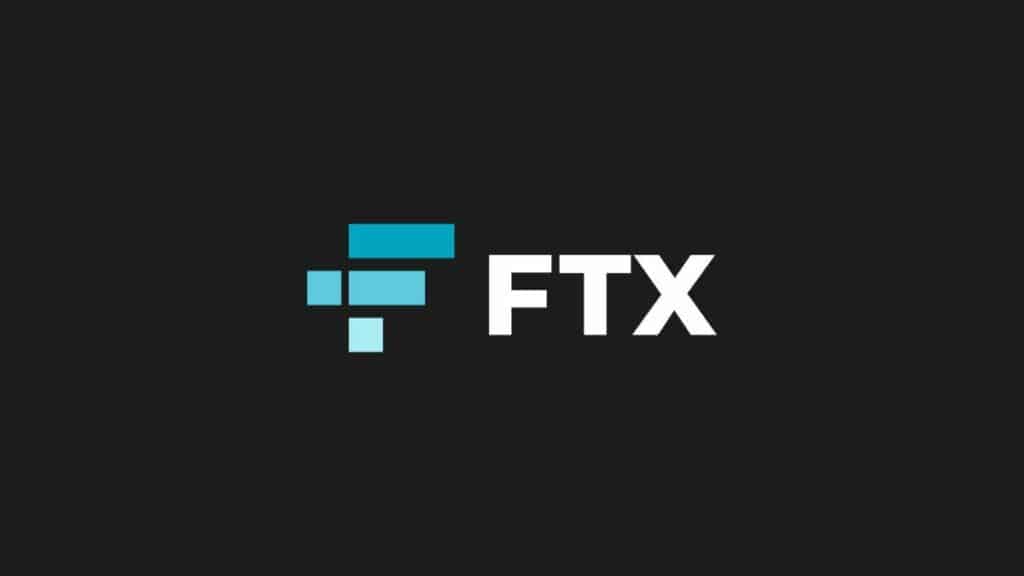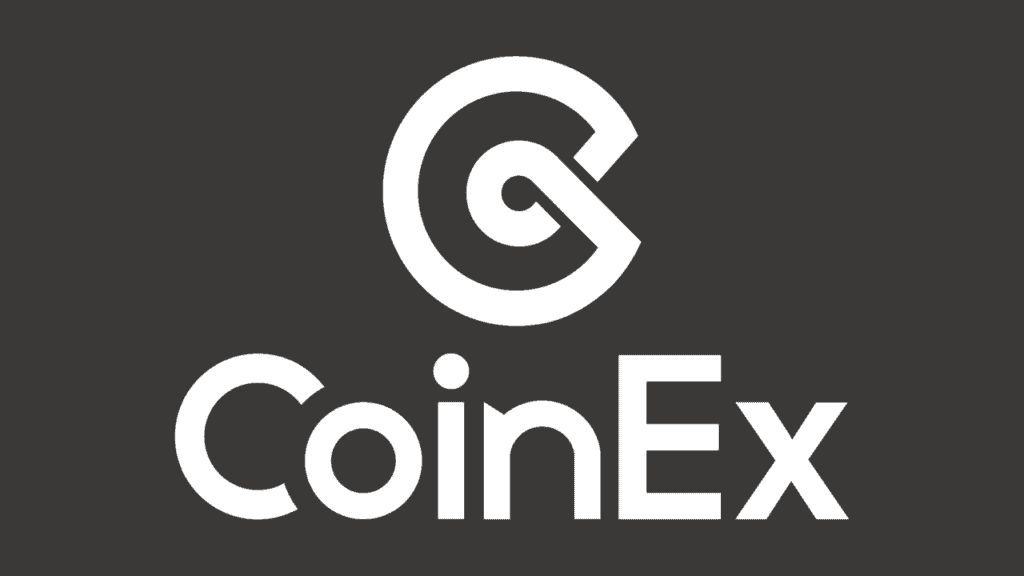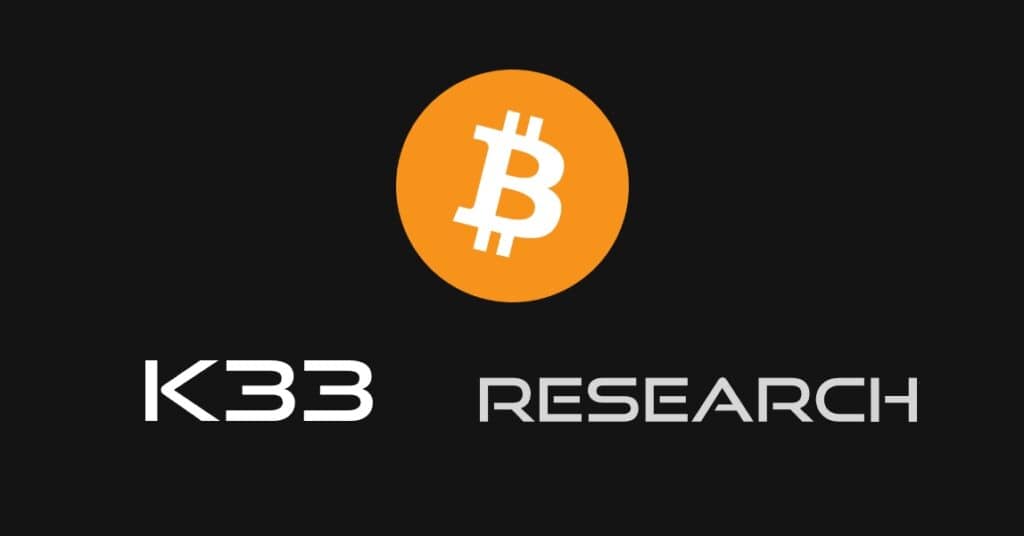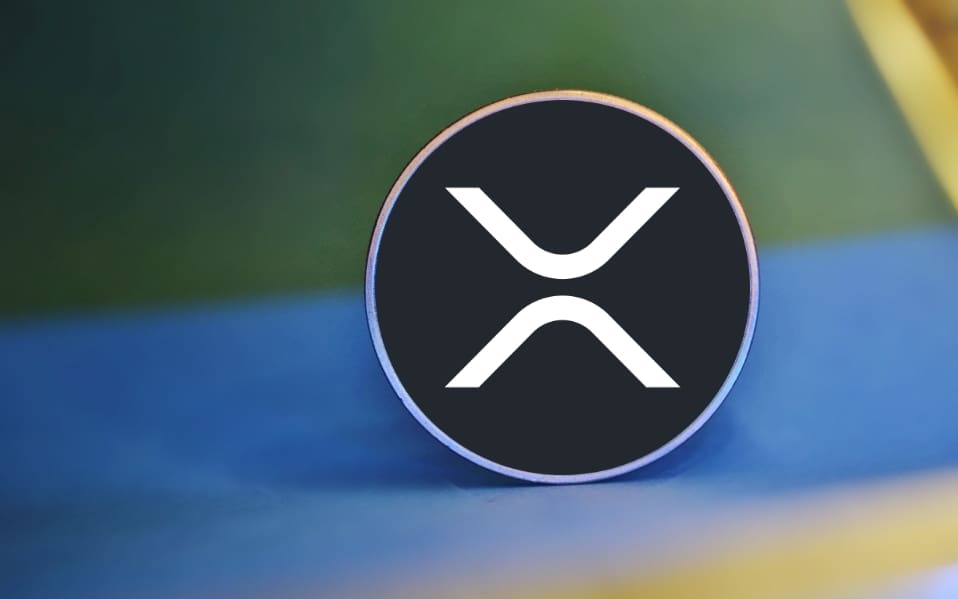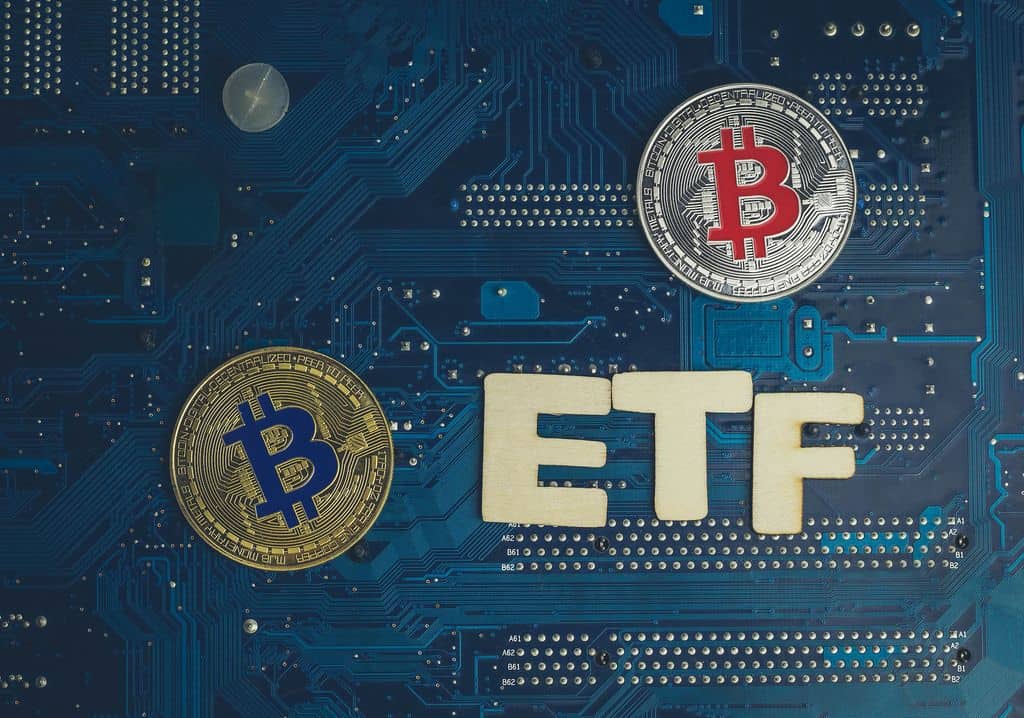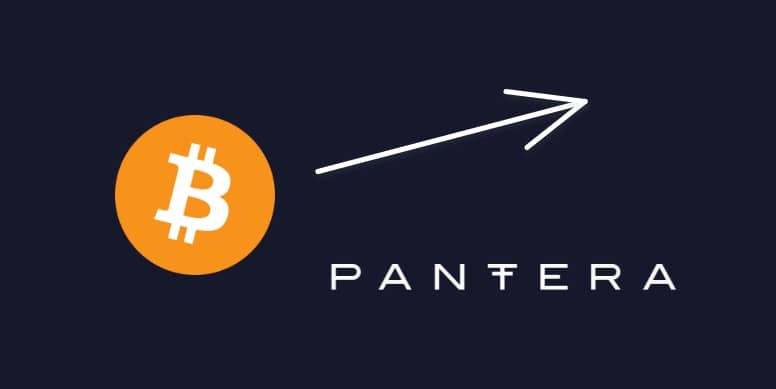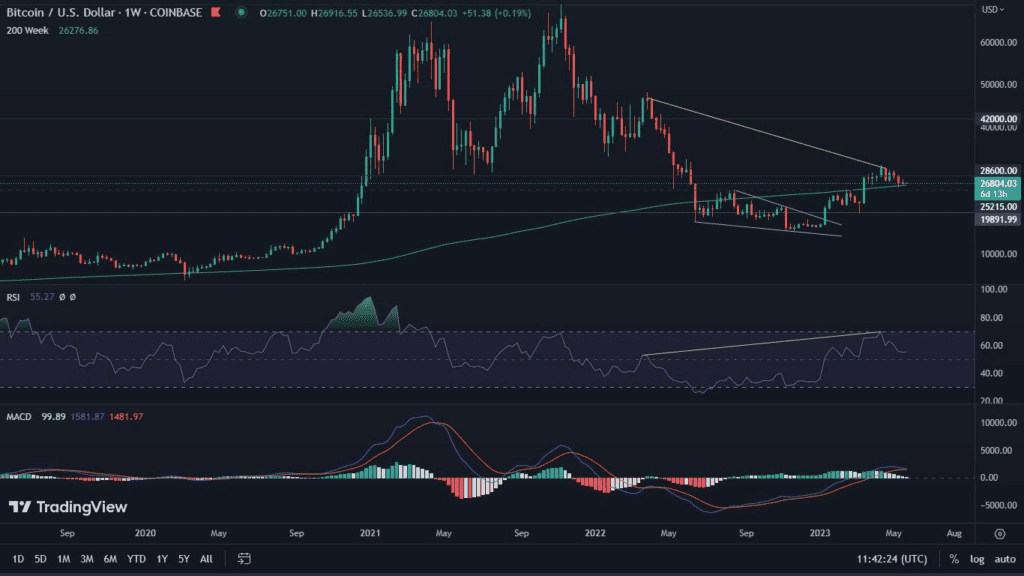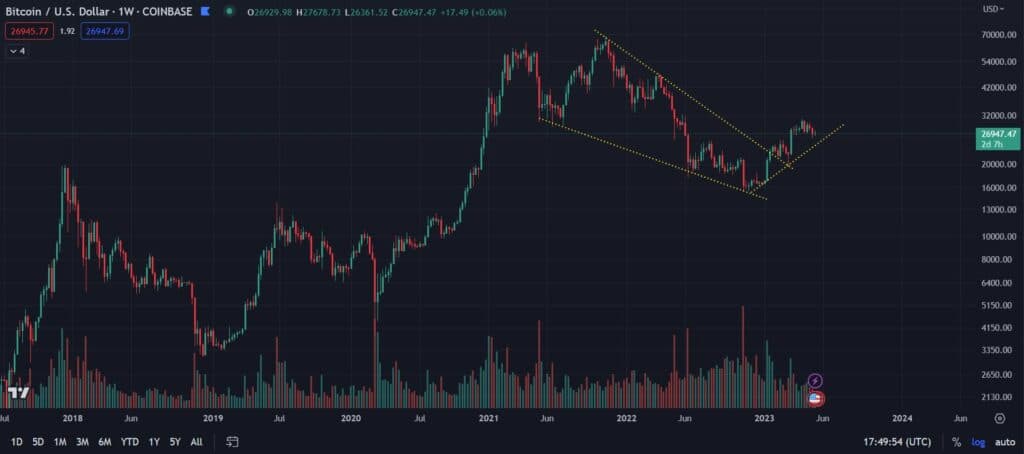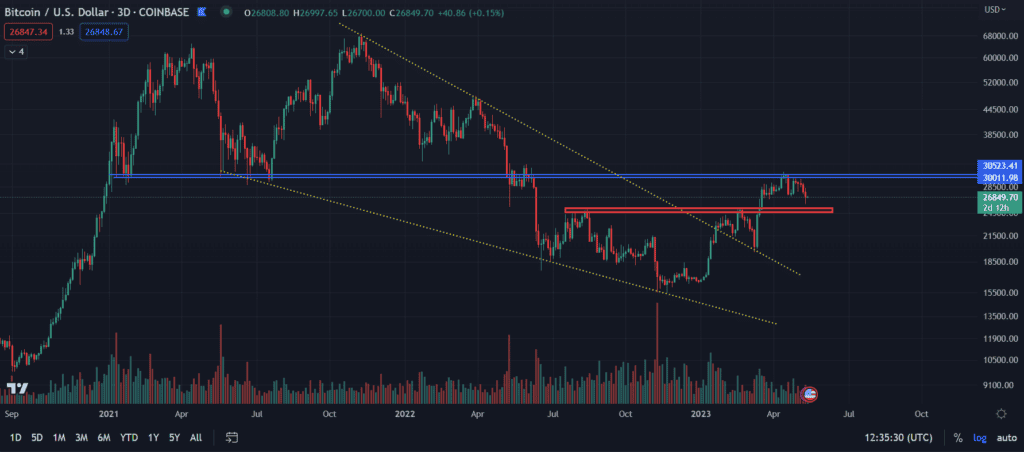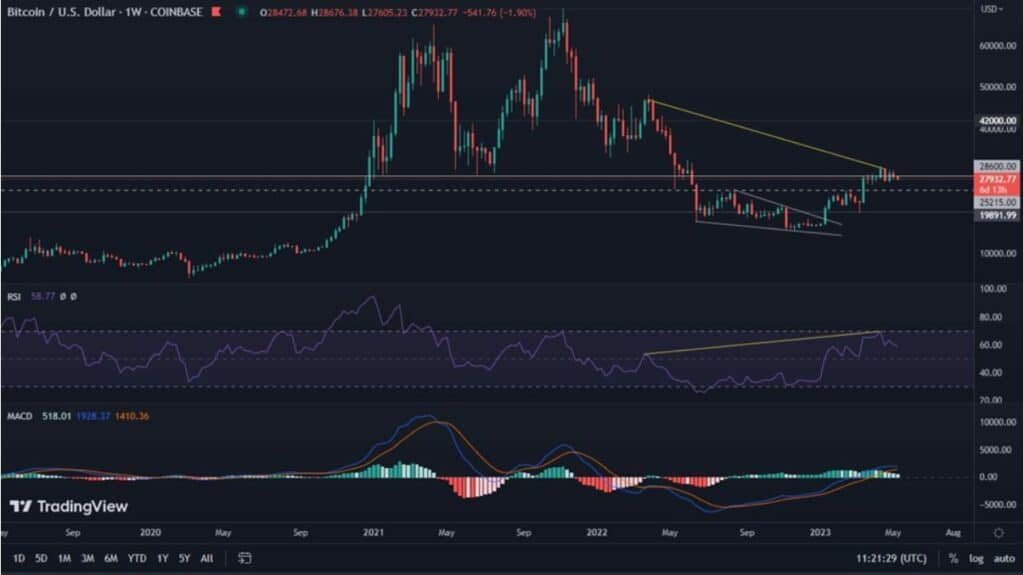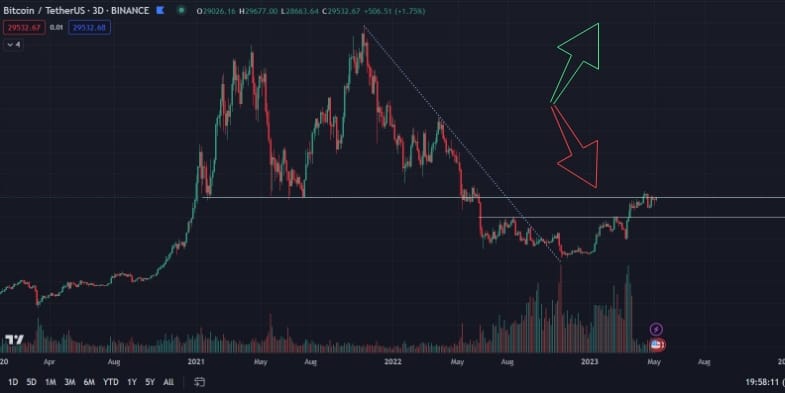Smart contracts are a type of electronic contract used not only in blockchain technology, but also in everyday life, for example by banks. What makes them so useful and popular? Firstly, the biggest advantage of smart contracts is that there is no so-called “third party”, i.e. a person or institution that will take care of the mutual obligations of the two parties entering into the transaction. Second, smart contracts are very simple to use. They work on the principle of “if A, then B”. The two transacting parties exchange certain goods or services; if the conditions set by the parties involved are met, those goods or services are automatically exchanged.
Example of a smart contract
An example from everyday life can be buying tickets to the theater. When buying tickets on the website of an intermediary, we have to put our trust in him. Paying money we will expect that in some time we will be sent tickets for the play. If we buy theater tickets using a smart contract, the exchange would happen instantly: we as customers would deposit the appropriate amount of money, while the bank as the other party to the transaction would immediately send us tickets in return.
Smart contracts and Ethereum (ETH)
Smart contracts are one of the most important features of the popular blockchain-based digital platform Ethereum. Ethereum itself is not a cryptocurrency. It is a decentralized platform on which any decentralized application can run. The currency that users of the Ethereum platform use is Ether (ETH). The platform itself has been adapted to run so-called smart contracts. In Ethereum, these contracts are created using the Solidity language, which is similar to JavaScript in composition.
Attack on “The DAO”
When talking about Ethereum in the context of smart contracts, one cannot help but mention the attack on “The DAO”, an unprecedented fund based on blockchain technology and smart contracts precisely. In 2016, there was an attack that exploited a vulnerability in the code unnoticed by the developers of the Ethereum platform. Thanks to this, criminals managed to take the equivalent of $50 million in ETH cryptocurrency. The consequence of the attack was the creation of a “Dark DAO” in which the stolen ETH coins were placed. “Dark DAO” is nothing more than a clone of “The DAO.” It has identical functionalities as its prototype, including a creation period of 27 days, during which you cannot withdraw the deposited funds.
Advantages of smart contracts
Smart contracts, like all other types of contracts, have both advantages and disadvantages. One of the main advantages, which we mentioned in the previous paragraph, is the elimination of intermediaries when entering into a contract. This makes the whole process of contracting with the other party cheaper and, above all, simpler. Smart contracts solve once and for all the problem of extensive paper documentation for a given contract. And you do not have to worry about engaging, for example, a lawyer or real estate agent. Another important, if not the most important advantage of using smart contracts is the security they provide. When using smart contracts, you don’t need to have the so-called “credit of trust” with the other party, because the moment the terms of the transaction are met, it is executed automatically. They are also secure because they are based on blockchain technology. A given smart contract exists as long as a given chain exists, and since blockchain technology applications are decentralized, smart contracts are immune to server outages.


